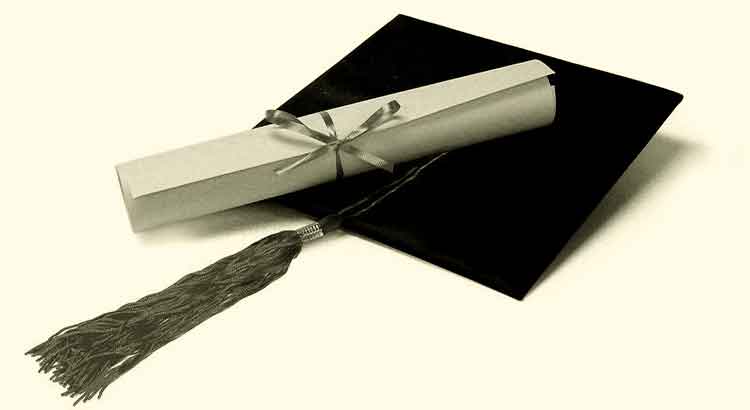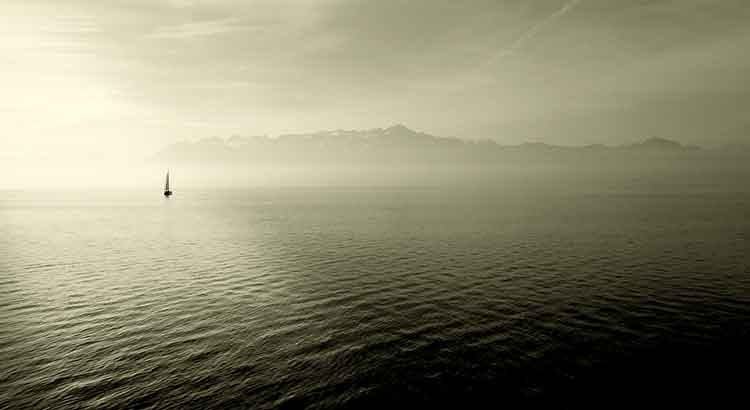The day is likely to come when a diploma will be needed to formally publish a poem. And so the question will be even more exposed: do diplomas confer indispensable quality for literature? or, rather: do diplomas confer indispensable quality for anything? Of course, the obvious answer will come to light: no, houses have always been built by those who never had a diploma. And I imagine clandestine sonnets infinitely superior to those bearing the stamp of academic quality, showing that the academy has become much more of a bureaucratic institution, a business that generates employment and revenue, an obligatory prerequisite for performing any function than an entity that teaches what is relevant to exercising a professional activity. In the use of time, independent study is radically more profitable in the face of academic bureaucracy and the many hours employed in nothing when studying at a university—it is enough to evaluate, for example, the time spent moving to the institution and its weight in the equation, not to mention the quality of what is taught or the absolutely useless subjects. Laboratories, expensive physical structures, will probably continue to be monopolized by universities. For the activities of the intellect, however, the conclusion cannot be different: if one day they are rewarded for their merit, the world will be of the self-taught, and the gigantic and costly academic structure will be fatally doomed to collapse.
____________
Read more:



